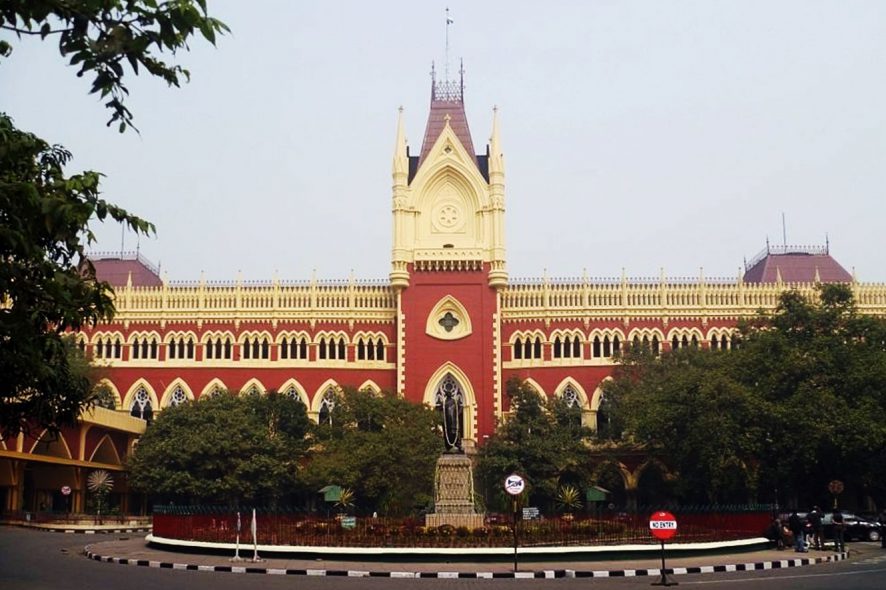Calcutta High Court: The Division Bench of Thottathil B. Radhakrishnan, CJ and Arijit Banerjee, J., held that Judiciary is not the policy-making instrument on issues regarding conversion of marriage in terms of personal laws, though it may sit in Judgment on the validity, the enforceability of any piece of law made by a legislative body.
Petitioner’s counsel submitted that what has been demonstrated through the present petitions are merely tips of the iceberg and the larger canvass will disclose that there is a consorted effort in certain religious denominations to effectuate conversion under the guise of the institution of marriage.
Adding to the above, counsel stated that in the areas where there are no state legislation controlling or regulating religious conversion, the judiciary could consider stepping in to put regulatory measures in place.
Analysis and Decision
Judiciary—The policy-making instrument?
Bench opined that the pith and substance of all the issues relating to conversion of marriage and acceptability of marriage in terms of personal laws or municipal laws are matters on which the policy-making instrument would not be the judiciary.
Expressing further in view of the above, High Court stated that the Courts may sit in Judgment on the validity, enforceability and/or otherwise of any piece of law which may be made by any legislative body.
Lastly, while concluding the matter, Bench held that in light of the ACJM, Tehatta, Nadia’s report and the accused girls in relation to whom the petitions were filed having been recovered, no purpose would be served by keeping the petitions on board since they stand discharged upon recovery of the alleged victims. [Palash Sarkar v. State of W.B., 2021 SCC OnLine Cal 530, decided on 03-03-2021]







